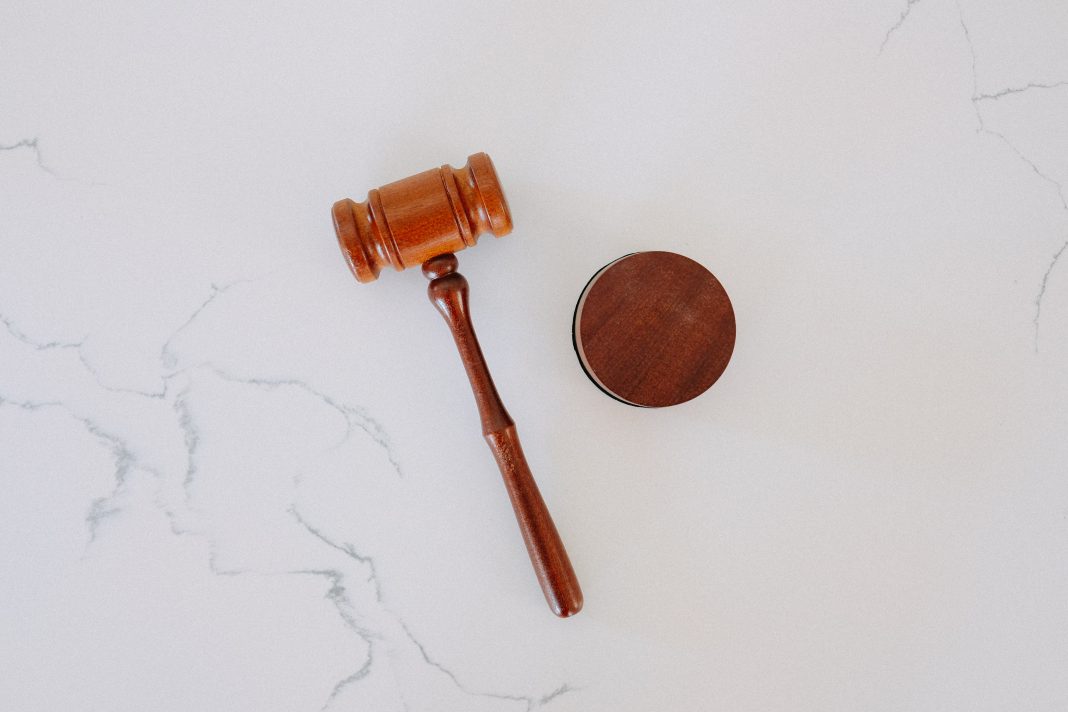Written by: Jaymee Salisi, News Writer
On June 22, 2021, the SFU Morris J. Wosk Centre for Dialogue hosted the fifth instalment of their Doubling Down series called “Enhancing Dialogue on Criminal Justice in Canada.” Each event features speakers outlining actions institutions should take to strengthen our democracy.
From lawyers to activists, journalists, and social workers, panelists voiced their perspectives on Canadian criminal justice. The event covered how the criminal justice system can be improved.
Managing lawyer of the Halifax Youth Justice Office Brandon Rolle said although “we do run up against a system that was designed for us to fail,” social justice work can’t progress without hope.
“When a client walks into the courtroom and sees a Black judge and knows that their story will be understood, or when you can get a cultural assessment for the court and someone’s complete identity is in front of the court — they don’t have to be separated, or that narrative is not erased — to me that’s hopeful.”
“It’s who you are, it’s your identity, and you can’t erase that from the process,” Rolle said.
Rolle added it’s important in conversations about crime to look at the circumstances within society that led someone to committing a crime.
“The law that’s been imposed here colonially can only take us so far,” criminalization and policing campaigner at Pivot Legal Society Meenakshi Mannoe said.
According to Mannoe, the law is limiting and “designed to exhaust people who actually want justice beyond a colonial framework.”
In response, Rolle said the Supreme Court of Canada has imposed an analysis meant to accommodate Indigenous background factors in Canadian criminal sentencing.
Gladue analysis can influence criminal justice sentencing by informing the court about cultural factors that might have contributed to their actions such as discrimination, abuse, or dislocation from culture or family.
Aligning with traditional Indigenous restorative justice practices, Gladue shows that healing and rehabilitation might be more effective for the offender and may influence the dismissal of their jail sentence.
By considering all alternatives to jail, a Gladue analysis aims to help reduce the over-representation of Indigenous people in Canadian jails. The Department of Justice reported, “Indigenous people are overrepresented in the Canadian criminal justice system as both victims/survivors and accused/convicted individuals.” In 2016/2017, Indigenous adults made up 30% of admissions, while only being 4.1% of the Canadian adult population.
The panelists agreed on the importance of teaching and validating Indigenous law in higher education in building on the concept of dismantling colonial frames of justice.
“Programs at law school that teach lawyers from day one to think about how to make law differently gives me hope and I think that might be an effective strategy,” Halifax community activist El Jones said.
Rolle said change requires reevaluating the justice system’s process. “Focus more on rehabilitation, culturally appropriate programming, view someone through a lens of systemic racism, background factors, and how it has impacted them, and arrive at a sentence that is more just,” he said.
Indigenous matriarch and author of the Ancestral Pride Allyship Zines, Xhopakelxhit said, “Right now, in terms of the political climate that is happening in so-called Canada here, there’s not a lot to be hopeful for.” As more unmarked graves of Indigenous children from residential schools are recovered, she said Prime Minister Justin Trudeau fights against Indigenous rights in court.
However, Xhopakelxhit is optimistic about creating more safe spaces to open up dialogue for others to learn more about equity and law and for Black and Indigenous people to express themselves.
Learn more about the SFU Morris J. Wosk Centre on their website.




